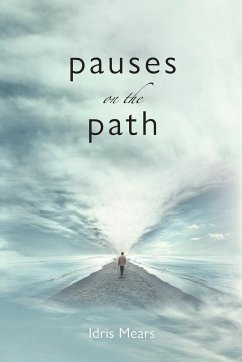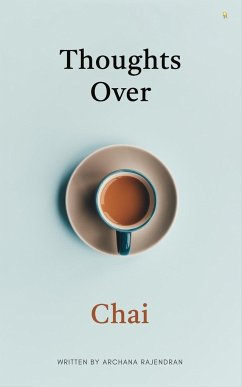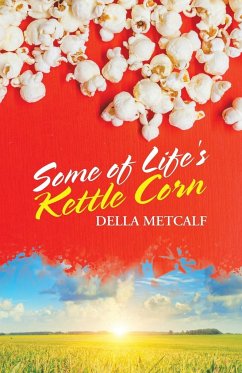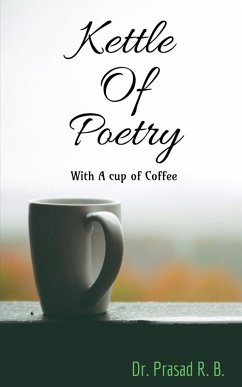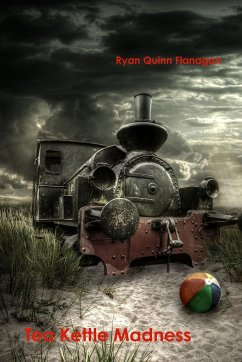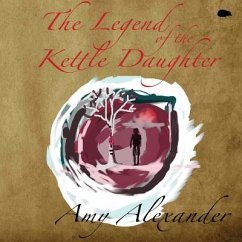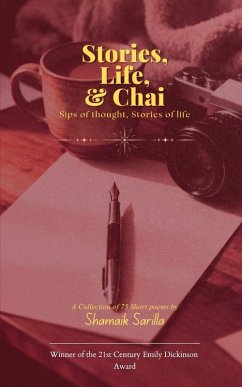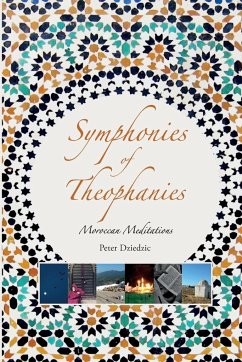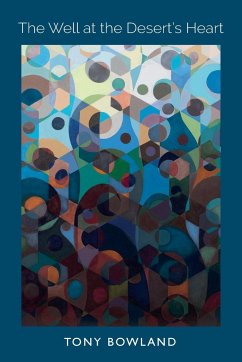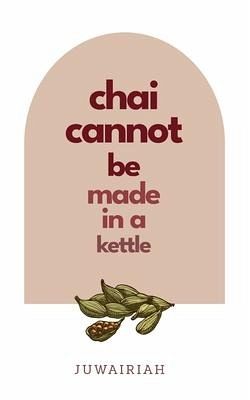
chai cannot be made in a kettle
poems of diaspora and belonging

PAYBACK Punkte
6 °P sammeln!
In chai cannot be made in a kettle, Juwairiah speaks of belonging, straddling the gaps between cultures, outlooks and worldviews, and embracing the dissonance of her identity as a British, Muslim, Indian woman. Her verses explore the meaning of home as a multicultural and multilingual household. 'Some mornings,/ I peep through the keyhole,/ watch her and her father converse in Swahili./ I do not understand their language so instead/ I watch her tongue dance.' She writes about her connection to her faith and community, poignantly articulating the ways in which these are misunderstood, marginali...
In chai cannot be made in a kettle, Juwairiah speaks of belonging, straddling the gaps between cultures, outlooks and worldviews, and embracing the dissonance of her identity as a British, Muslim, Indian woman. Her verses explore the meaning of home as a multicultural and multilingual household. 'Some mornings,/ I peep through the keyhole,/ watch her and her father converse in Swahili./ I do not understand their language so instead/ I watch her tongue dance.' She writes about her connection to her faith and community, poignantly articulating the ways in which these are misunderstood, marginalised and commodified in modern-day Britain, and the verbal and cultural acrobatics involved in having an identity that bridges cultural and linguistic divides. 'We surrendered syllables so that we would fit in,/ muted rhymes and rhythms so we weren't booted out.' Scents and flavours evoke a lost heritage in many of the poems in chai cannot be made in a kettle. The rituals of community and faith create a background rhythm to Juwairiah's poems, the ache of a wistful collective memory interacting with the everyday liminal realities of life as a British Indian woman: 'I heard whispers of brown sacred women,/ who lay under darkness, longing for their motherland./ A place where bodies bathe in sweet honey milk,/ doused in ancient cardamom pods.'






